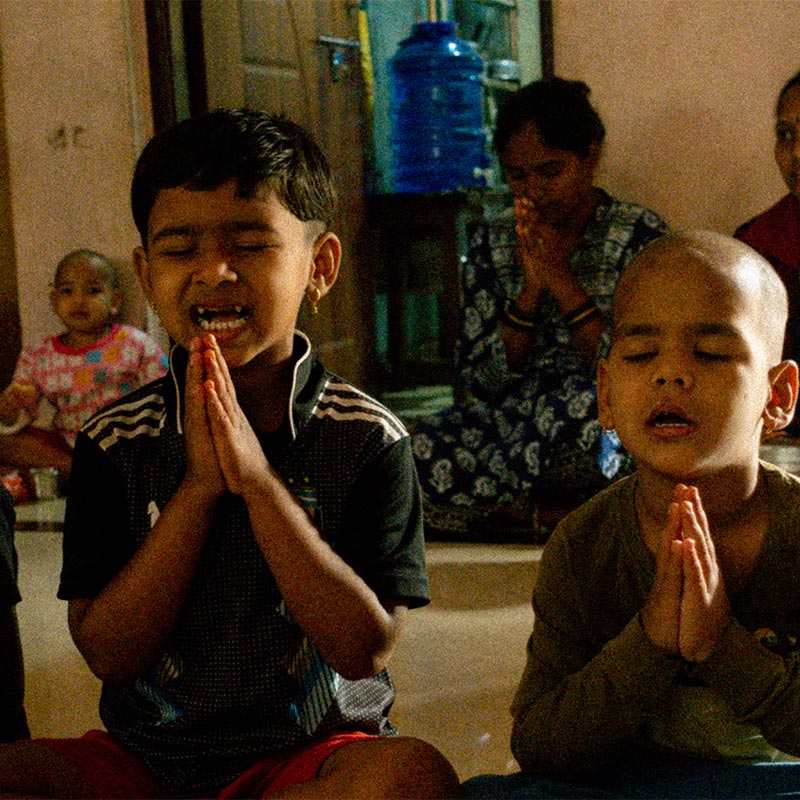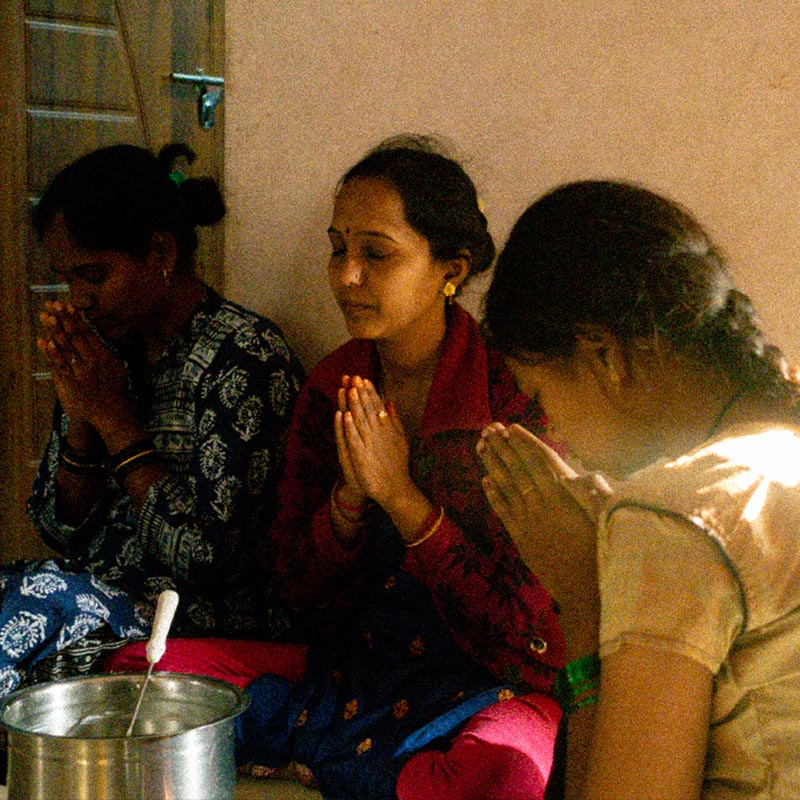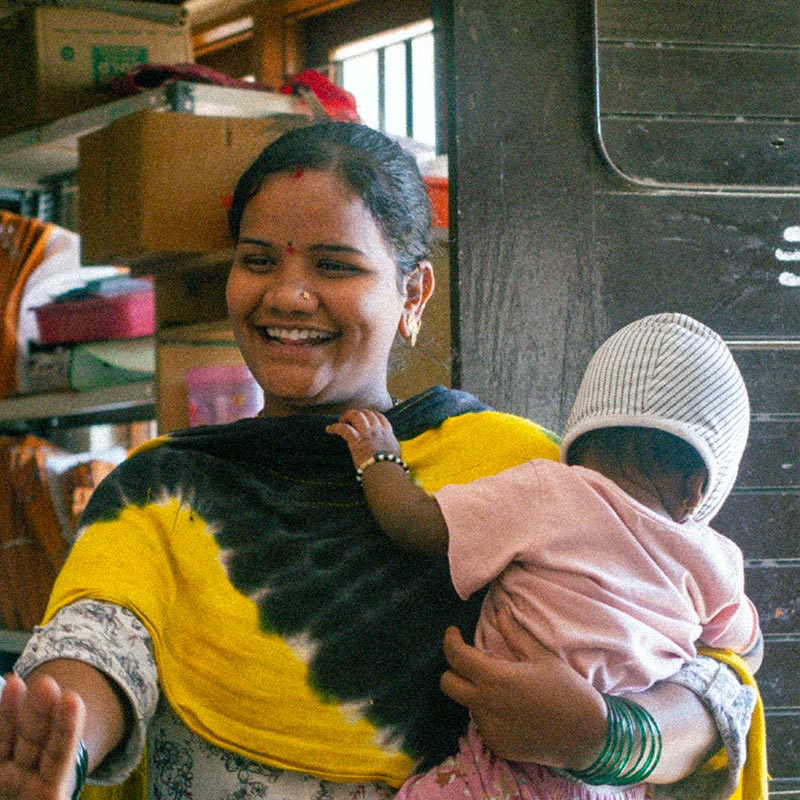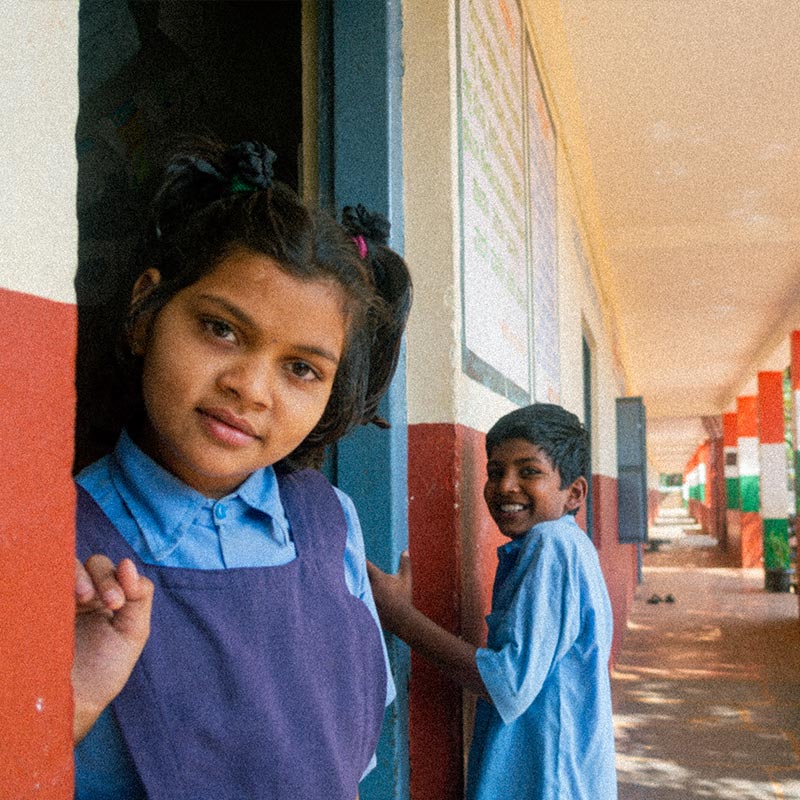GUBBI
A story of legacy, resilience, and love in the face of stigma.
About the Film
Ten years ago, filmmakers Ali Naqi and Harsha Patel told the story of Mantesh—a humble, HIV-positive man who ran an orphanage for children living with or affected by HIV in Belgaum, India. Their high school short Masoom won hearts internationally. But the story didn’t end there. In Gubbi, they return to that same orphanage to find that Mantesh has passed on. In his place stands Kasturi, his wife, now the sole caregiver to over 30 children. HIV-positive herself, she has taken on the weight of both grief and guardianship—navigating stigma, survival, and the delicate balance of raising a family built not by blood, but by shared struggle. Told with tenderness and restraint, Gubbi is a portrait of one woman’s quiet strength and the extraordinary everyday life inside a home too often overlooked.
Why This Story Matters
Gubbi isn’t just a return—it’s a reckoning. For over a decade, the orphanage at the center of this film has quietly carried on, without cameras, without recognition, without help. In that time, the world has shifted its attention. The urgency around HIV has dulled in public conversation. But inside the walls of this home, nothing has dulled. Children still arrive. Needs still go unmet. Stigma still lingers. This story matters because it centers someone we rarely hear from: a woman navigating widowhood, illness, motherhood—and doing so with a strength that doesn’t ask for applause. Kasturi doesn’t call herself a hero. She calls herself Amma—mother.Through her, Gubbi reminds us that care is not a buzzword. It is a practice. A promise. A quiet act repeated daily. In a world that too often looks away, this film asks us to look closer.
Key Themes
🧡 HIV Stigma & Awareness
👩👧👦 Motherhood & Caregiving
🌱 Legacy & Memory
💔 Loss & Resilience
🏠 Community-Based Care




